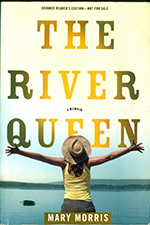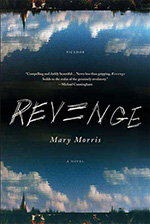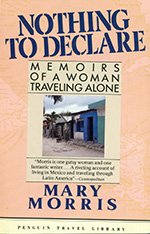
A recent news story captured my eye. A couple of weeks ago a man was found who'd been lost in the desert for six days. He had no food and water with him and little shade though temperatures had soared close to a hundred degree. Yet beyond being dehydrated and sunburned he was fine. He attributed his survival to the fact that he had a pen with him. And a hat.
The hat did not help him because it provided shade. Rather the man, who had no paper, wrote on it. He wrote notes to his wife and loved ones, advice, instructions, declarations of love and friendship. When he began to run out of space, he devised a code so he could shorten his messages. But still he kept writing. He told his rescuers that if he hadn't been able to write, he would not have survived.
Many writers have attested to the same thing. The poet, Irina Ratushinskaya, survived a Soviet prison but writing her poems on bars of soap, memorizing them, and then taking a shower. She left the prison with dozens of poems, all inside of her.
On a less dramatic note Paul Auster writes in his wonderful essay "Why Write?" about meeting the great Willie Mays and not having a pen with him for an autograph. After that, Auster says he kept a pen in his pocket wherever he goes.
I have often found myself, on the subway or a plane, desperately digging in my bag for a pen. It seems I can survive any long flight or travel delay if I have paper and pen. (I have never tried my hat, but I'm sure if necessity dictated, i would.) If I was lost on a journey, imprisoned, if I was in a situation for which there is no obvious escape, I would survive if I could write about it. Perhaps this is why I write compulsively when wandering. It is how I hold the universe together. In essence it is how I survive.
So the message about the man lost with only his pen and his hat really hit home. It is an allegory of sorts. To wander is to write and to write is to wander. And when we are lost in a desert of our own making, this is especially true.














